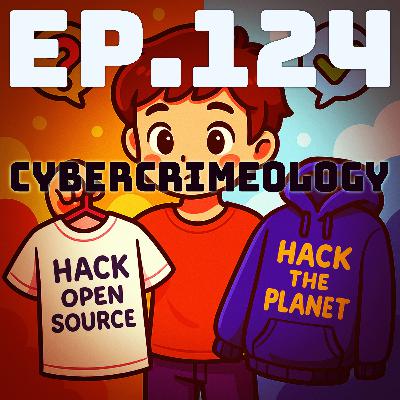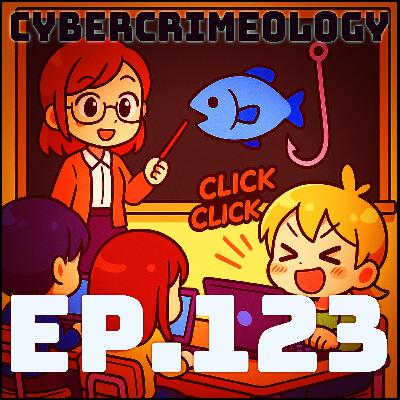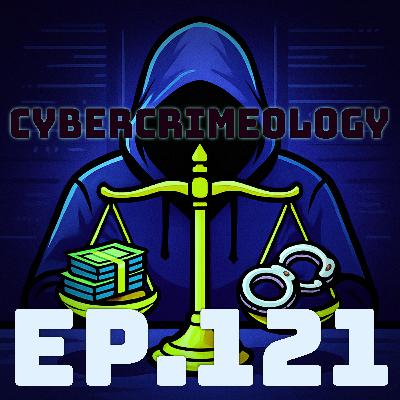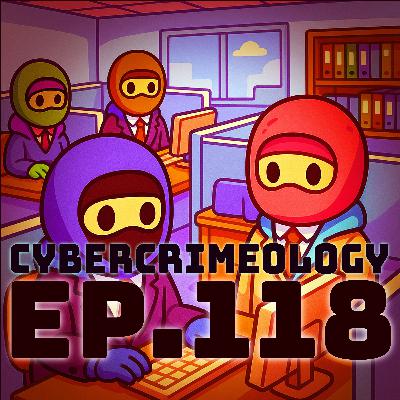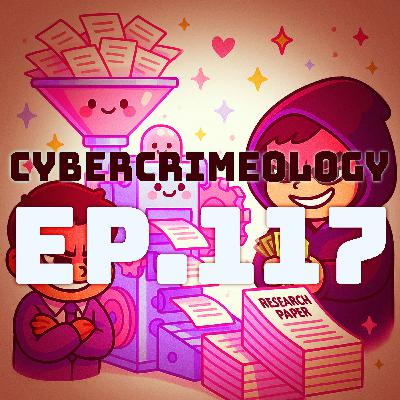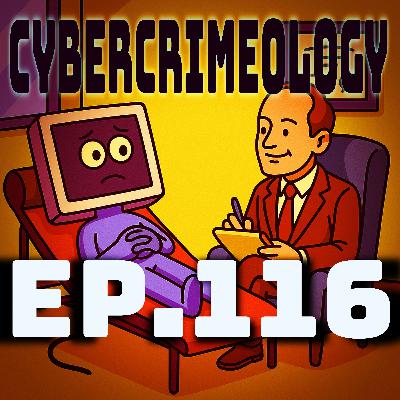Signals, Deception, and AI: Navigating Trust in the Digital World
Description
About our Guest:
Judith Donath
https://cyber.harvard.edu/people/jdonath
Key Discussion Points:
- Understanding Signaling Theory:
- The foundation of signaling theory in communication.
- The balance between honest and deceptive signals.
- Evolutionary Biology and Communication:
- Darwin's insights on animal communication.
- Zahavi's Handicap Principle and its role in ensuring signal honesty.
- Maynard Smith's Index Signals and their reliability without cost.
- AI and the Evolution of Communication:
- The impact of AI on the reliability of communication signals.
- Challenges posed by deepfakes in video and audio.
- The arms race between deception technologies and verification methods.
- Cultural and Institutional Roles:
- How culture and institutions uphold the reliability of signals.
- The interplay between technological advancements and societal norms.
- Future of Communication in the Digital Age:
- Strategies for developing secure communication channels.
- Balancing privacy with the need for verification.
- The role of trusted sources in maintaining signal integrity.
Papers and Books Mentioned:
Turing, A. M. (1950). Computing machinery and intelligence. Mind, 59(236), 433-460. https://doi.org/10.1093/mind/LIX.236.433
Zahavi, A. (1975). Mate selection—a selection for a handicap. Journal of Theoretical Biology, 53(1), 205-214. https://doi.org/10.1016/0022-5193(75)90111-3
Veblen, T. (1899). The Theory of the Leisure Class. New York: Macmillan.
https://moglen.law.columbia.edu/LCS/theoryleisureclass.pdf
https://dn720401.ca.archive.org/0/items/theoryofleisurec01vebl/theoryofleisurec01vebl.pdf
Weizenbaum, J. (1966). ELIZA—A computer program for the study of natural language communication between man and machine. Communications of the ACM, 9(1), 36-45. https://doi.org/10.1145/365153.365168
Donath, J. S. (2002). Identity and deception in the virtual community. In Communities in cyberspace (pp. 37-68). Routledge.
https://vivatropolis.com/papers/Donath/IdentityDeception/IdentityDeception.pdf
Current Progress on the forthcoming book: Signals, Truth & Design
https://vivatropolis.com/judith/signalsTruthDesign.html
Donath, J. (2014). The social machine: designs for living online. MIT Press.https://direct.mit.edu/books/monograph/4037/The-Social-MachineDesigns-for-Living-Online
Other:
The Story about the Ferrari executive Deepfake attempt
https://www.carscoops.com/2024/07/ferrari-ceo-impersonator-uncovered-by-colleague-in-deepfake-call/
We geeked out for a moment on Programming languages. Learn about them here.
The C language
https://en.wikipedia.org/wiki/C_(programming_language)
Introduction to C
https://www.w3schools.com/c/c_intro.php
APL Language
https://en.wikipedia.org/wiki/APL_(programming_language)
Learn APL
https://xpqz.github.io/learnapl/intro.html
Try APL
LISP Language
https://en.wikipedia.org/wiki/Lisp_(programming_language)
Learn LISP


